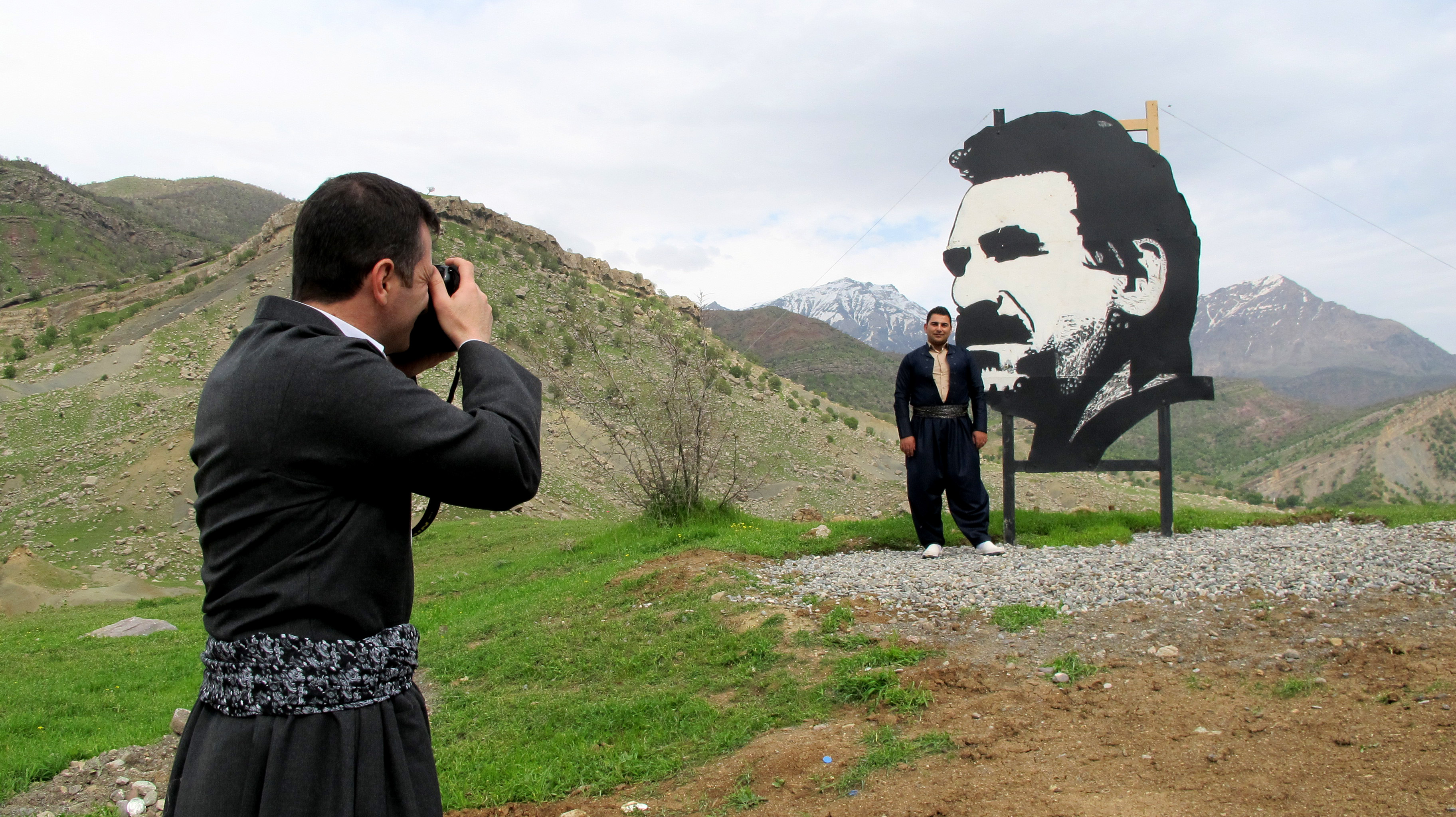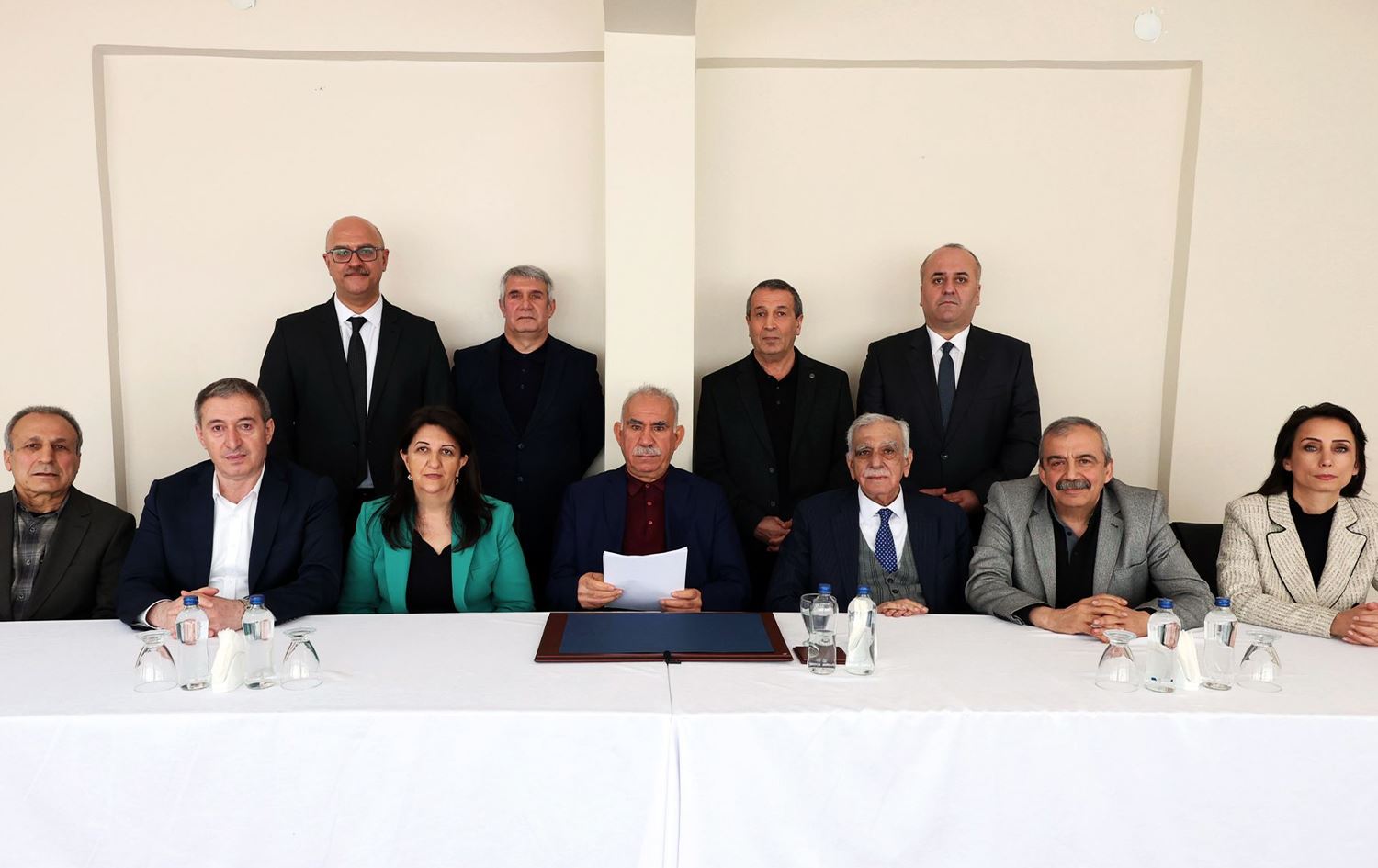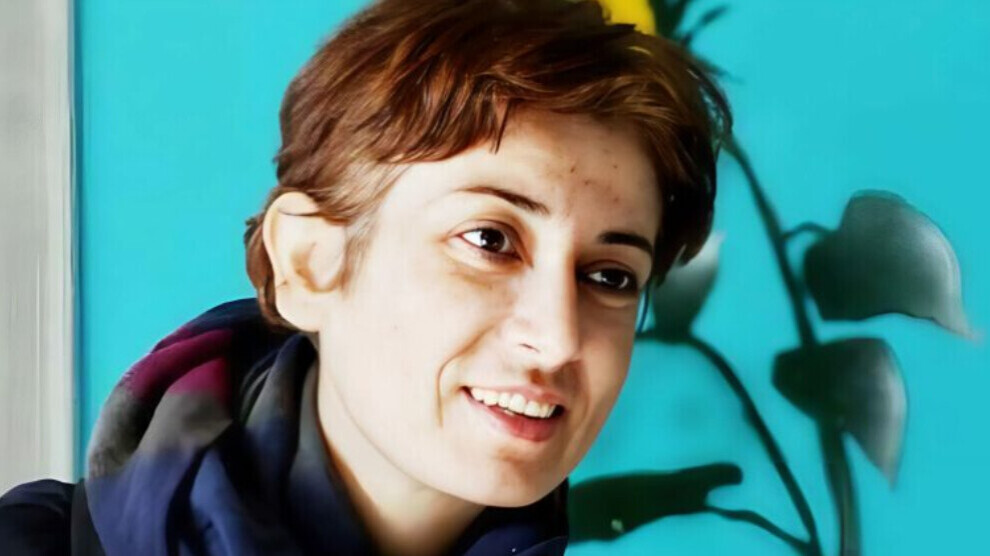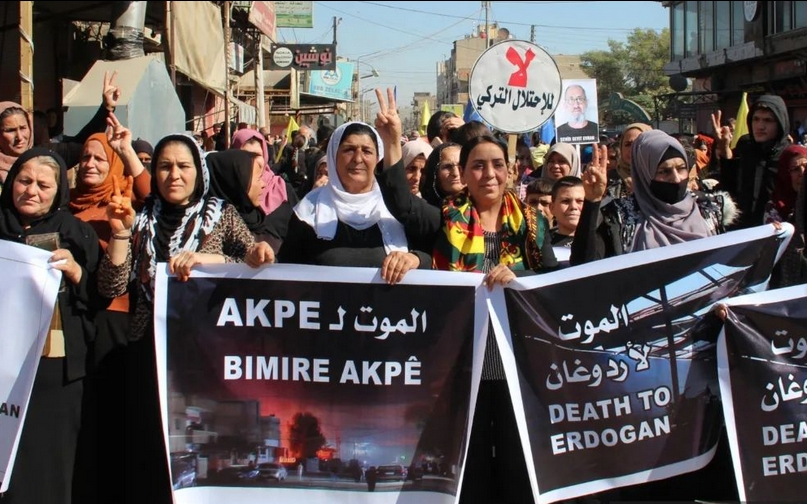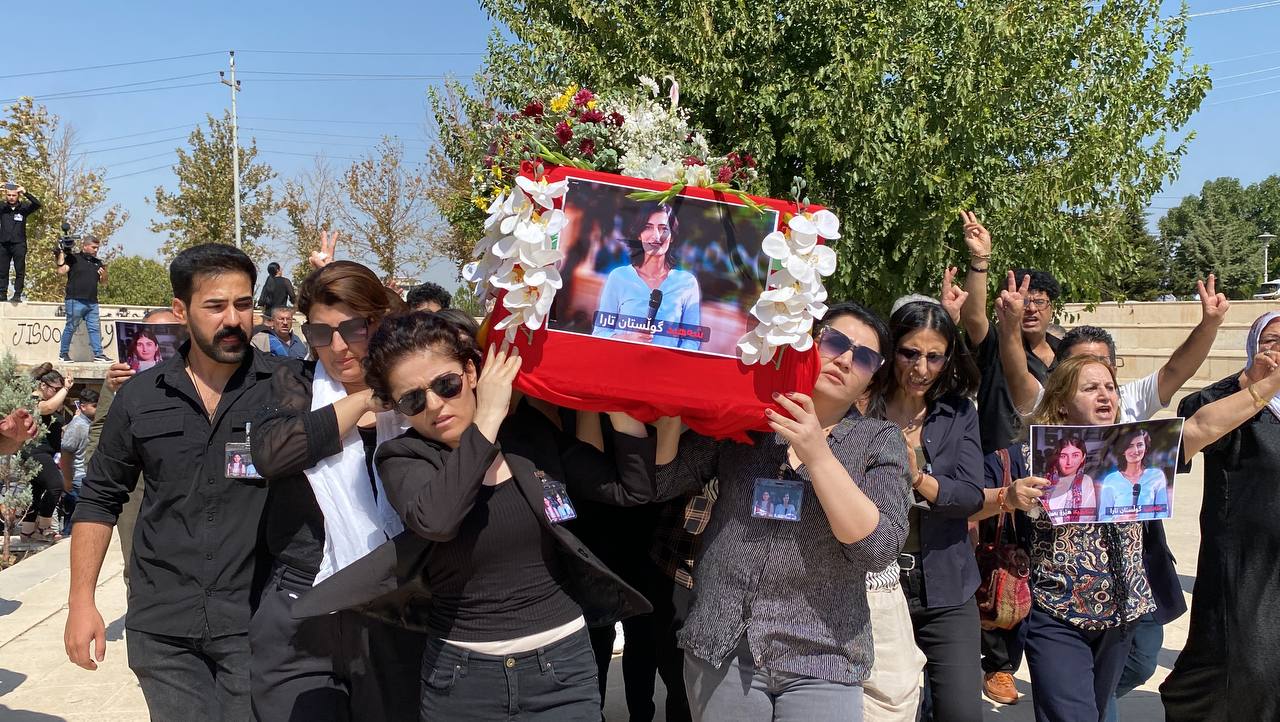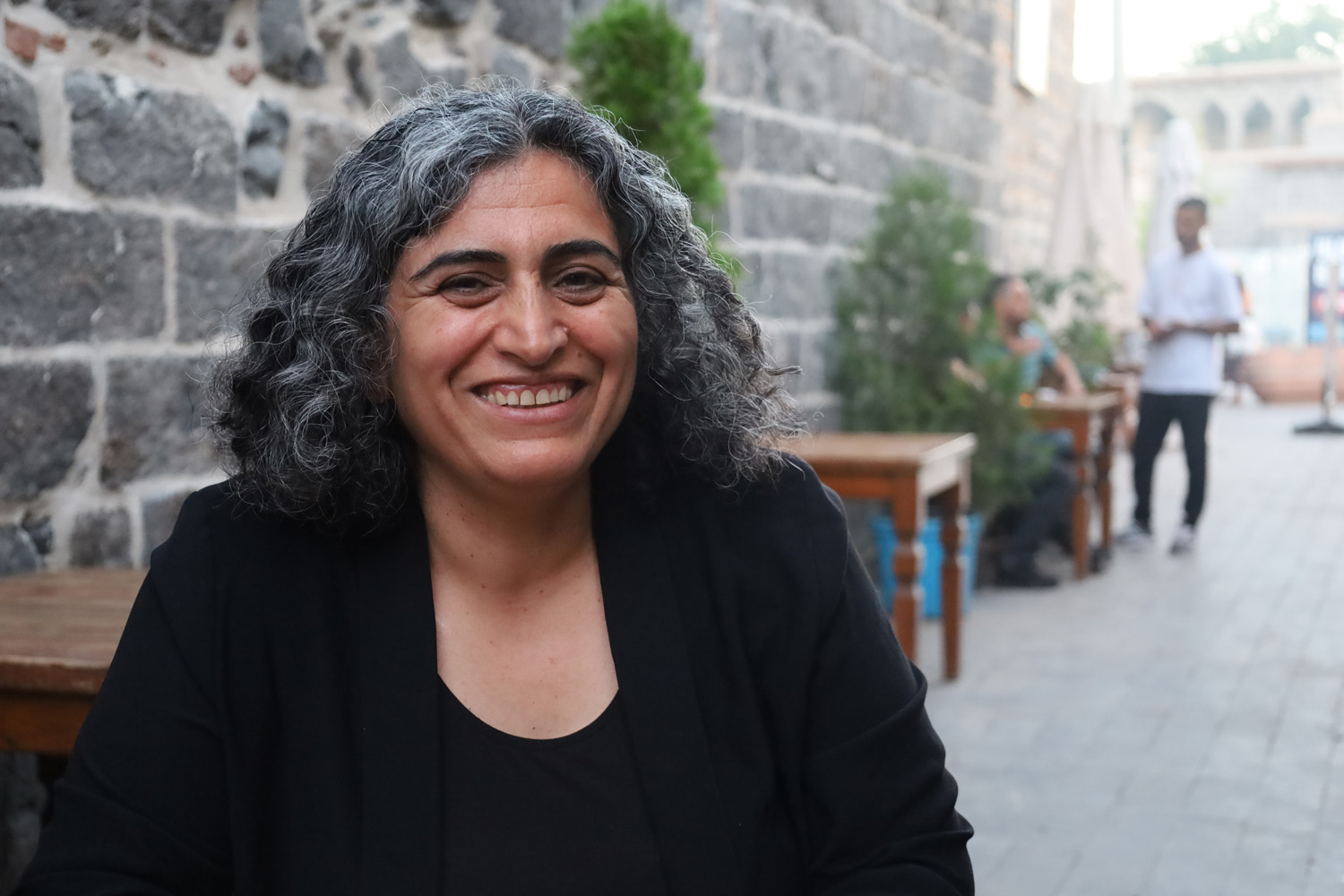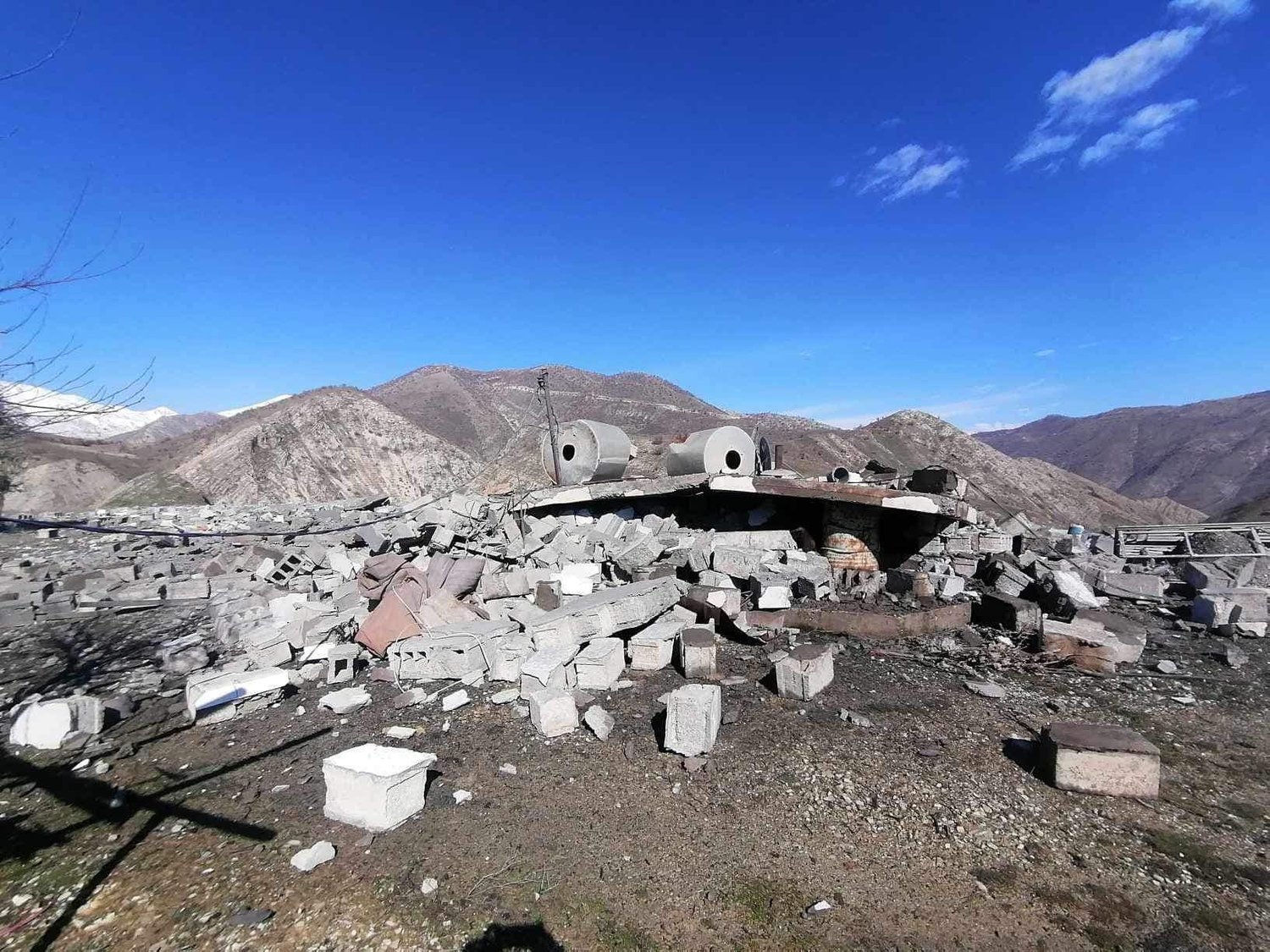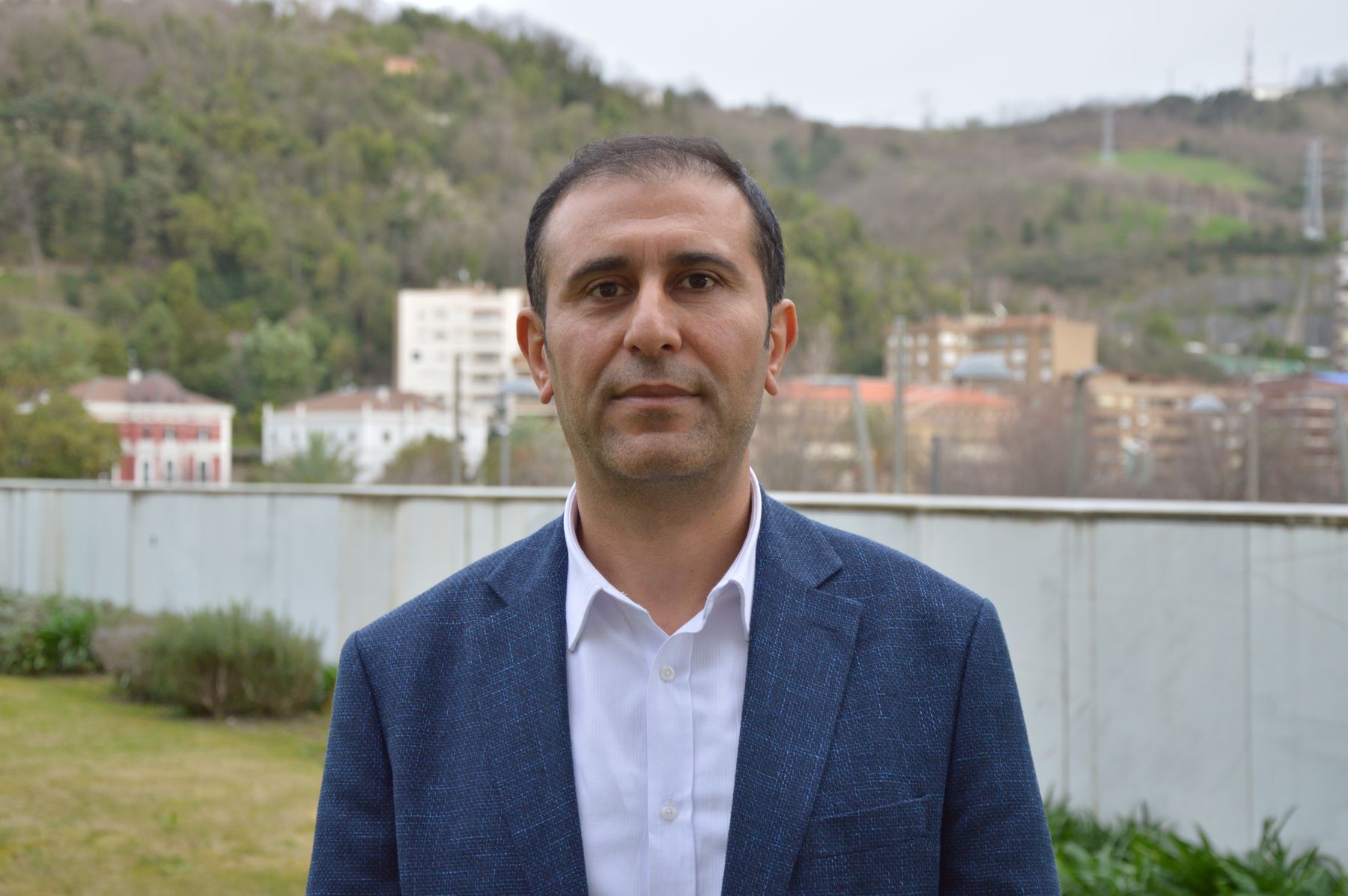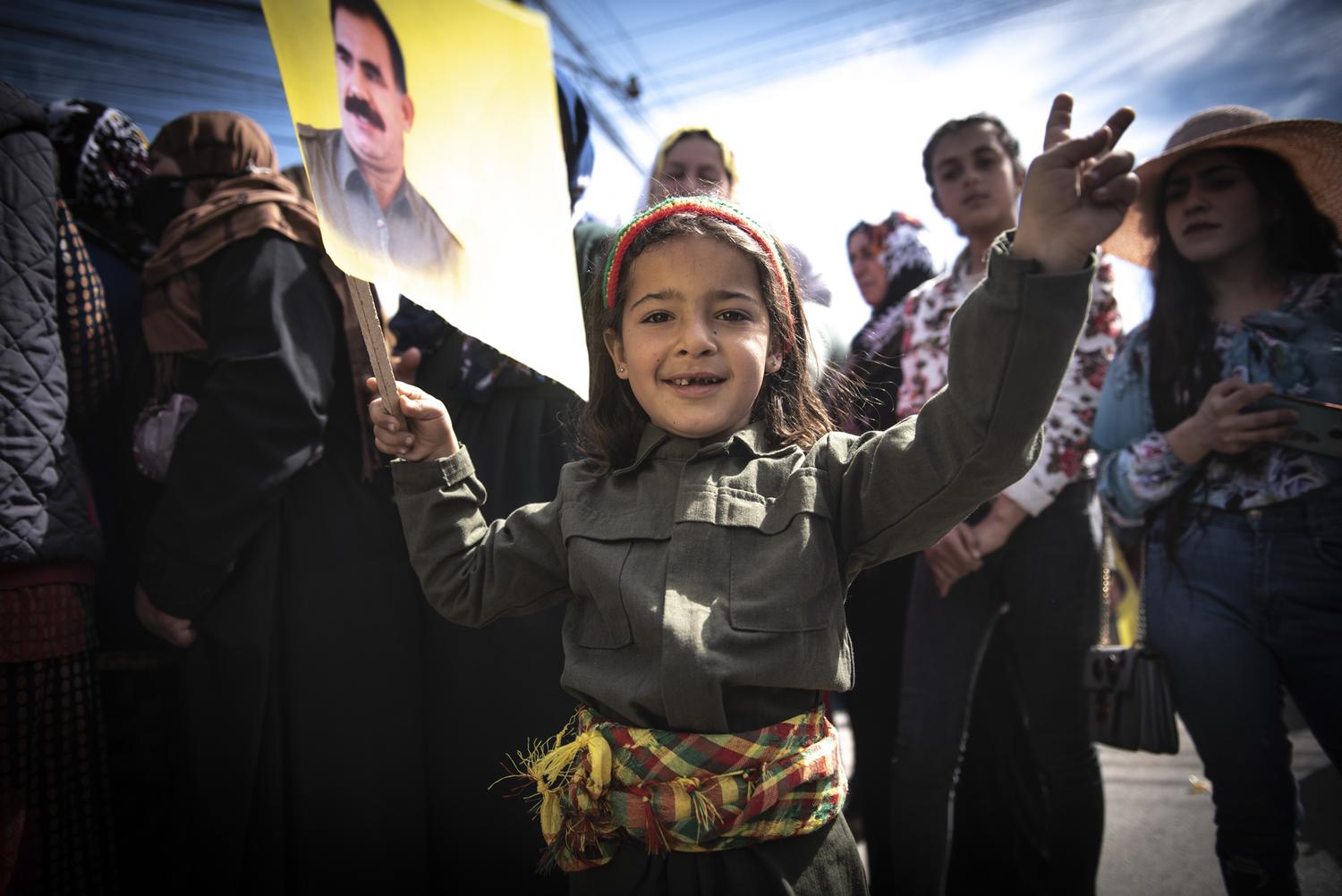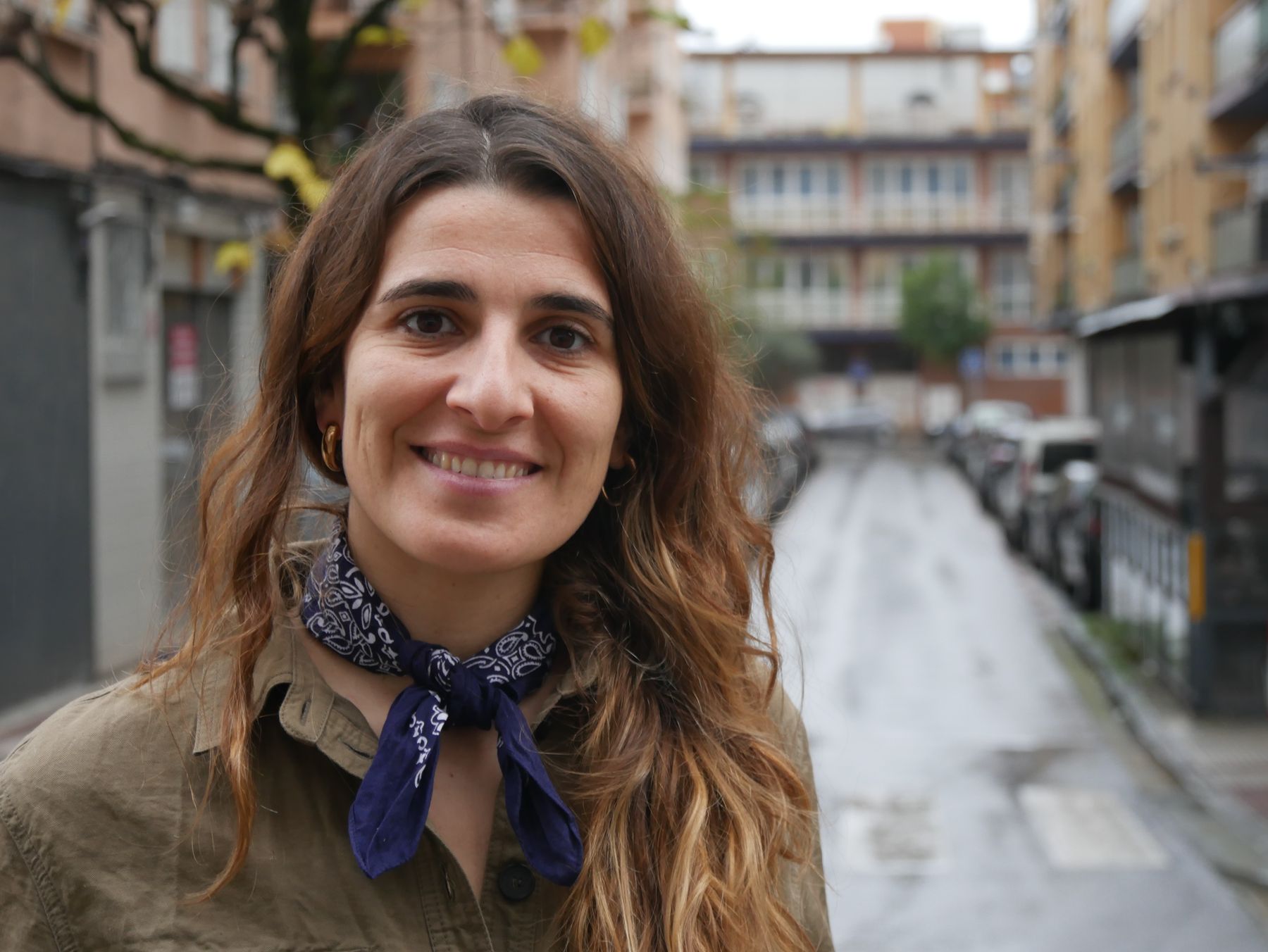The death toll exceeds 21,500 and the anger towards management grows
- Thursday at noon is 21,500 deaths from the hardest earthquake in modern Mesopotamian history. Many countries around the world are sending rescue teams. Erdogan says he is going to see the affected areas while a hostile atmosphere is being created in Turkey. The World Health Organization has stated that the deaths can reach 20,000 in the coming days.
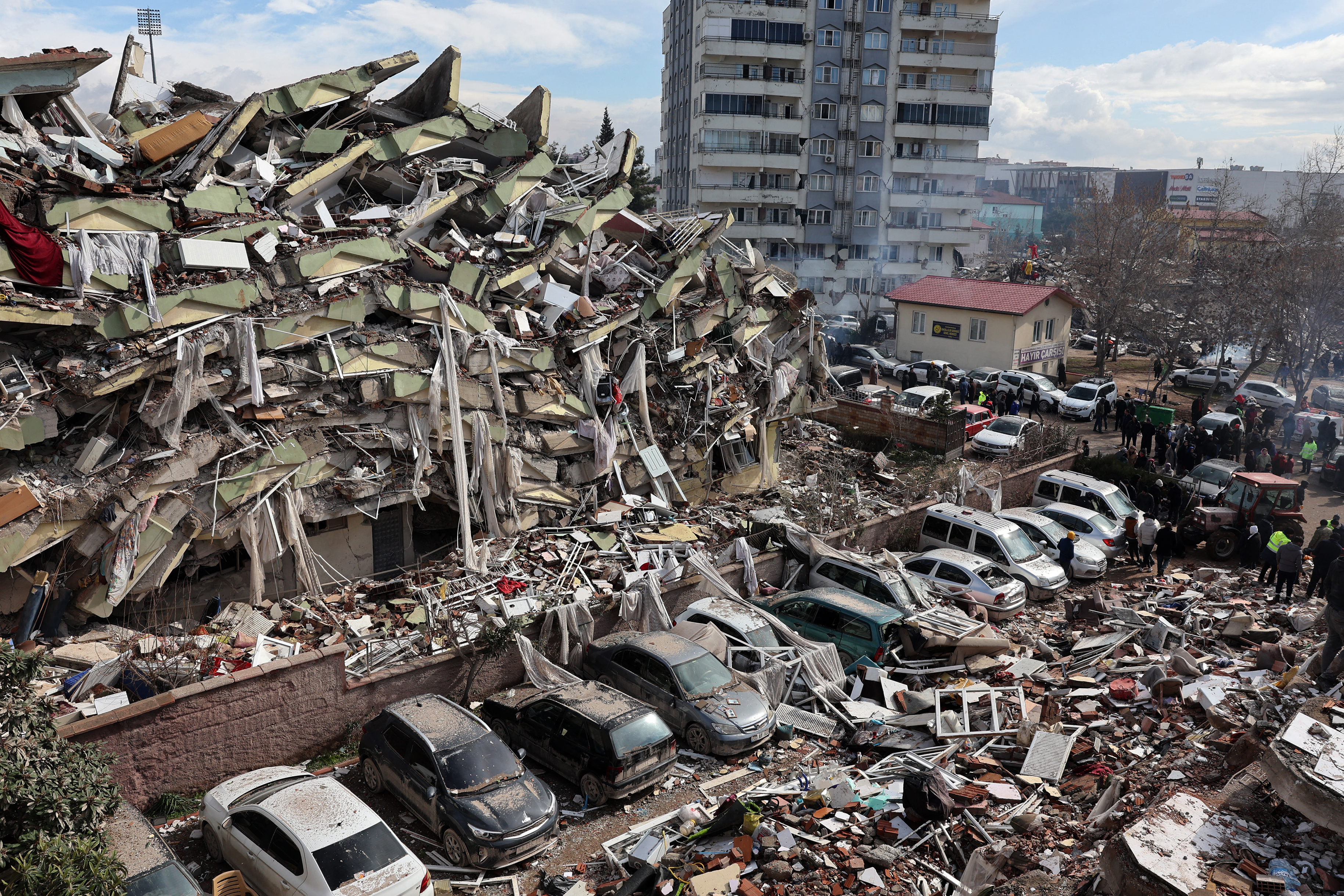
According to the numbers Thursday at noon, over 21,500 people have died and thousands of people have been injured in Turkey, Syria and Kurdistan, as can be seen in Al Jazeera.
The management being carried out by the government in Turkey is causing anger. Residents of the city of Gaziantep have denounced that within 12 hours of the earthquake no rescue group arrived to help it. Erdogan threatens them from television: "When the day comes, we will open the book we are saving to identify those who are trying to generate social chaos and make the necessary decisions. Our prosecutors are willing to move quickly."
The Kurdish agents denounce that the Turkish government is not sending rescue teams and that they have had to organise the self-salbament.
.jpg)
The World Health Organization says the deaths can reach 20,000. “Unfortunately we see the same thing in all earthquakes. The initial number of people killed or injured will increase significantly this week,” explains Catherine Smallwood, WHO European Emergency Manager.
Critical moments of rescue
The focus is now on rescuing the wounded and occupants of buildings. The first few days in disaster situations are critical to saving lives, and the intense cold that it does throughout the earthquake zone only increases this anguish. Critical messages are being disseminated by the public in some areas, considering that the rescue is too slow.
The situation in Kurdistan is also very serious. Berria interview Mithat Sancar, co-chair of the HDP People's Democratic Party. “This is the most serious seismic disaster in the country’s history. The Monday morning earthquake and the second occurring within a few hours have affected a large area, directly affecting at least ten cities, dozens of provinces and hundreds of villages. Destruction is terrible. In addition, the weather is very hard, there is snow in many places and it is very cold. Many were at home when an earthquake occurred, and so there have been so many deaths and injuries. Thousands are killed and the wounded are much more, and unfortunately they will be more as the hours pass.”
High-intensity earthquakes
The first earthquake occurred in Euskal Herria at 02:17 hours on Monday. 7.8 degrees with epicenter in the city of Gaziantep, Turkey, seven kilometers deep. He then had several replicas. It has been the hardest shake of the last 25 years, according to the authorities. There has also been a second 7.5-degree earthquake, as reported by the US Geology Service and the Kandilli Observatory and the Institute for Earthquake Research. It took place at 11:24 hours on Monday in the Turkish province of Kahramanmaras.
The early morning earthquake has been the hardest of the last 100 years, after what happened in the city of Erzincan in 1939. Then there were over 32,000 deaths.
Lurrikara geopolitiko bat astintzen ari da Ekialde Hurbileko mapa. Anabasaren erdian, Abdullah Öcalanen bakerako azken deiak mahai gainean jarri du eskualdeko gatazka armatu zaharrena. Ez, aurrekariek ez diote bide ematen itxaropenari, eta historiaren trena inoiz baino... [+]
SDF kurduek gidatutako koalizioak eta Siriako Gobernuak su-etena adostu dute. SDFk Siria ekialdeko eta ipar-ekialdeko eremu zabala kontrolatzen du egun, eta hitzarmenak jaso duenez, gobernuaren esku geratuko da orain.
Abdullah Öcalan buruzagiak PKKri otsailaren 27an eskatu zion armak uzteko. Taldeak egin duen adierazpenean babes osoa agertu dio buruzagiari eta Öcalanek eskatutakoa betetzeko konpromisoa adierazi du.
Urteak iragan dira bere azken argazkia ikusi zenetik. 26 urte daramatza preso Abdullah Öçalanek Turkiako Imrali uhartean, "erakunde terroristako" buruzagitza egotzita. Ostegun eguerdian bere bideo bat ez, baina argazki berri bat zabaltzeko baimena eman du... [+]
Turkish helicopters and fighter aircraft cover the sky in the Kurdish area in northern Iraq. The Turkish Air Force has bombed 381 sites in the major military operation in recent weeks in the Kurdistan Autonomous Region (DRC). The Turkish Ministry of Defence has stated that "the... [+]








